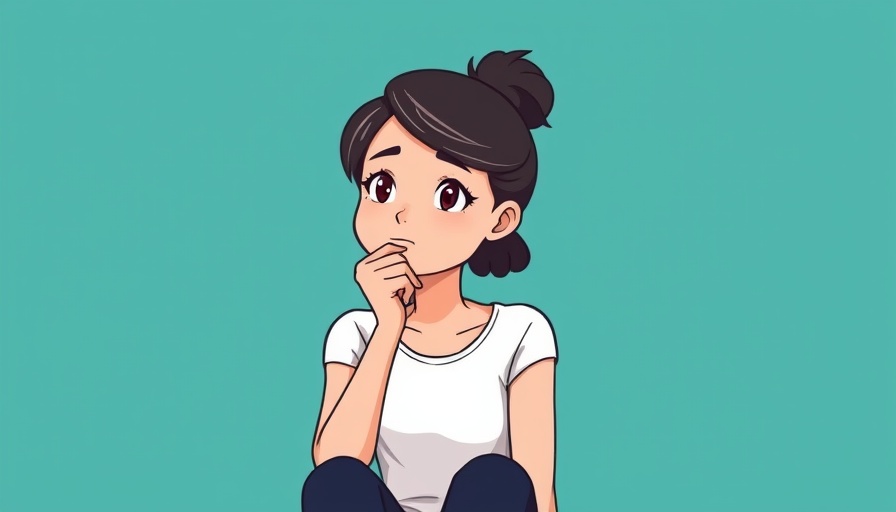
Understanding the Power of Not Forgiving: A Personal Journey
Forgiveness is often heralded as a remedy for personal pain and a pathway to healing. Yet, sometimes the act of not forgiving can be equally powerful. This notion became strikingly clear through Laura G. Owens' profound reflections on her childhood and complex family dynamics. She offers a narrative that deeply resonates with those grappling with similar feelings of abandonment and confusion, alluding to the idea that at times, holding onto anger can be a legitimate and necessary step toward healing.
Embracing the Anger Within
Owens recounts her journey as she grapples with the absence of her mother, who left when she was just five years old. Rather than forcing herself to forgive, she channels her emotions into creative outlets—writing her feelings, voicing her anger, and confronting her past. As renowned poet Maya Angelou aptly states, anger can be used as fuel for expression, and Owens exemplifies this in her own life. It reminds us that it's okay not to rush the healing process; sometimes we need to sit with our emotions and let them guide us.
The Impact of Family Dynamics on Mental Health
Owens' experience highlights how our family histories shape our mental landscapes. The feeling of being forgotten or overlooked can have lasting repercussions on our sense of self. For Owens, not being acknowledged in her mother's obituary serves as a painful reminder of her complex relationship with her family. This invites the reader to reflect on how unprocessed feelings often linger, urging them to confront their own relationships with openness and honesty. It encourages a consideration of how critical it is to communicate effectively about our hurts.
Taking Charge of Your Emotional Journey
Ultimately, Owens teaches that emotional healing is deeply personal. Each individual's path will vary, requiring us to honor our unique experiences and timelines. The act of not forgiving can offer strength, allowing us to work through our anger and pain before coming to terms with past injuries. Acknowledging this can serve as a form of self-care—something increasingly relevant in today’s conversation about mental health and wellness. By reclaiming our narratives in the face of distress, we cultivate not only personal strength but also the foundations for healthier relationships moving forward.
In conclusion, remember that your journey is uniquely yours. Embrace your feelings, whether they be anger, sadness, or something else. Allowing yourself time to process these emotions can lead to deeper healing and understanding, opening the door to a more fulfilling life.
 Add Row
Add Row  Add
Add 




Write A Comment